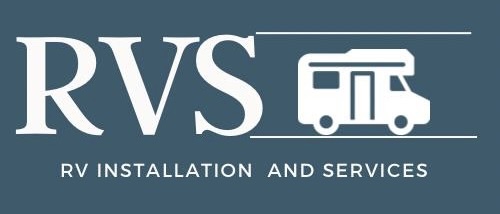Posted by Matt Bebbington on 30th Jul 2024
Common RV plumbing issues
Common RV plumbing issues can range from simple clogs to more complex problems. Here are some of the most frequent issues RV owners encounter:
- Leaks: Leaks can occur in various parts of the plumbing system, including the pipes, faucets, or connections. These can be caused by loose fittings, worn-out seals, or damage from freezing temperatures.
- Clogs: Clogs in the sinks, shower drains, or toilet can disrupt the plumbing system. They are often caused by debris, hair, food particles, or improper flushing materials.
- Low Water Pressure: Low water pressure can make it difficult to use the shower or faucet. This issue might stem from a clogged aerator, a faulty pump, or a blockage in the water lines.
- Water Pump Issues: The water pump is essential for delivering water from the tank to the fixtures. Problems with the pump can include failure to turn on, running continuously, or not providing adequate pressure.
- Water Heater Problems: Issues with the water heater can lead to a lack of hot water. This can be due to faulty heating elements, thermostat issues, or problems with the propane system if it's a gas water heater.
- Frozen Pipes: In colder weather, RV pipes can freeze, leading to potential bursts and leaks. Proper insulation and heating are essential to prevent this issue.
- Tank Issues: Freshwater, greywater, and blackwater tanks can develop problems such as leaks, clogs, or issues with sensors. Proper maintenance and regular cleaning can help mitigate these problems.
- Faucet Problems: Dripping or non-functional faucets can be caused by worn-out washers, seals, or clogged aerators.
- Sewer Smell: Unpleasant odors from the plumbing system, especially the blackwater tank, can result from improper venting, a clogged vent pipe, or a problem with the tank’s seal.
- Back flow Problems: This occurs when wastewater flows back into the clean water system, often due to a malfunctioning check valve or backflow preventer.
Regular maintenance, proper winterization, and using RV-specific plumbing products can help prevent many of these issues. If a problem persists, consulting a professional might be necessary.
